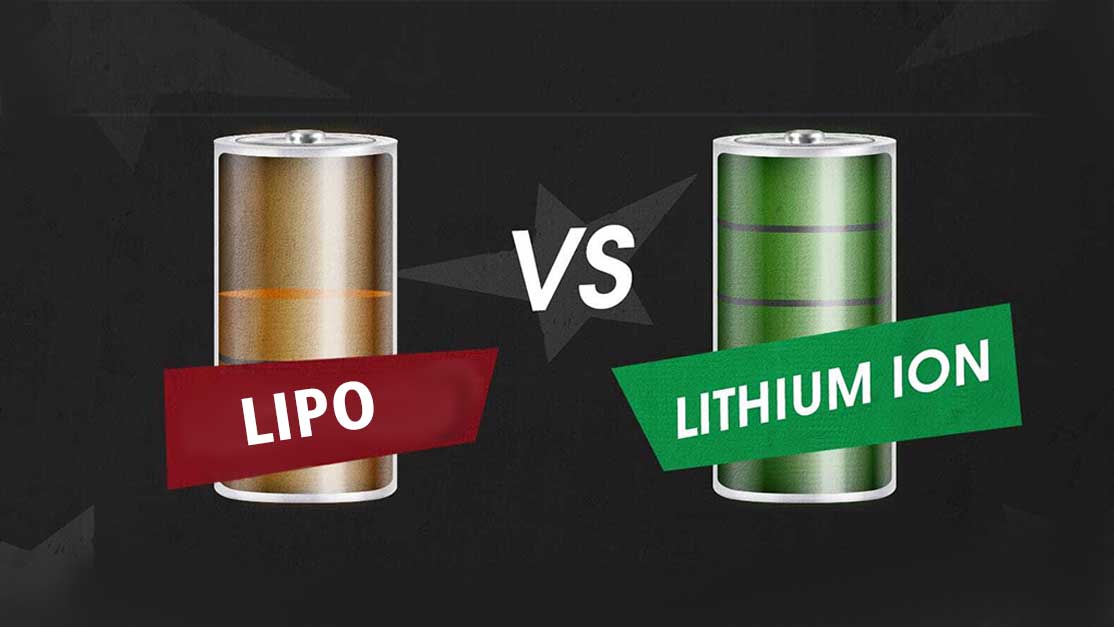
LiPo vs. Li-Ion: Which Battery Type Is Best for Drones?

When it comes to powering drones, the choice of battery can make or break your aerial experience. Whether you're a hobbyist, a commercial drone operator, or a Drone Battery Manufacturer, selecting the right battery type is crucial for performance, safety, and longevity. Two of the most commonly used battery types in drones are Lithium Polymer (LiPo) and Lithium-Ion (Li-Ion). But which one is the best for your drone?
Let’s dive into the pros and cons of each battery type to help you make an informed decision.
What is a LiPo Battery?
LiPo (Lithium Polymer) batteries are known for their high discharge rates, lightweight build, and ability to deliver quick bursts of power. These characteristics make them the go-to option for most drone enthusiasts and professionals who prioritize performance and responsiveness.
Pros of LiPo Batteries:
- High Discharge Rates: Ideal for drones that require sudden power surges, such as racing drones.
- Lightweight: A lighter battery means longer flight times and better maneuverability.
- Variety of Shapes and Sizes: Customizable designs make them suitable for all kinds of drones.
Cons of LiPo Batteries:
- Shorter Lifespan: Typically offer fewer charge cycles compared to Li-Ion batteries.
- Safety Concerns: Can swell, overheat, or catch fire if not handled properly.
- Requires Special Care: Needs balanced charging and careful storage.
What is a Li-Ion Battery?
Li-Ion (Lithium-Ion) batteries are widely used in consumer electronics and are now making their way into drone technology. They offer better energy density and are considered more stable than LiPo batteries.
Pros of Li-Ion Batteries:
- Longer Lifespan: Offers more charge cycles, making them cost-effective over time.
- Higher Energy Density: Provides longer flight times per charge.
- Safer and More Stable: Less prone to swelling and overheating.
Cons of Li-Ion Batteries:
- Lower Discharge Rates: Not suitable for high-performance or racing drones.
- Heavier: The added weight may reduce agility and increase power consumption.
Which One Should You Choose?
The best battery for your drone depends on your specific use case:
- For Racing or FPV Drones: LiPo batteries are the clear winner due to their high discharge rates and lighter weight.
- For Aerial Photography, Mapping, or Long-Duration Flights: Li-Ion batteries shine with their extended flight time and improved safety.
- For Commercial and Industrial Drones: Many Drone Battery Manufacturers now offer custom battery solutions that combine the strengths of both battery types, depending on operational needs.
Drone Battery Manufacturer Perspective
As a trusted Drone Battery Manufacturer, our focus is on delivering high-performance, reliable, and safe battery solutions tailored to various drone applications. Whether it's a lightweight LiPo pack for a high-speed drone or a durable Li-Ion module for a mapping UAV, understanding your drone's mission is key to choosing the right battery.
We continually innovate and test both battery technologies to ensure maximum efficiency, safety, and longevity. Custom battery packs, intelligent battery management systems (BMS), and robust thermal protection are just a few of the advancements you can expect from a top-tier Drone Battery Manufacturer.


